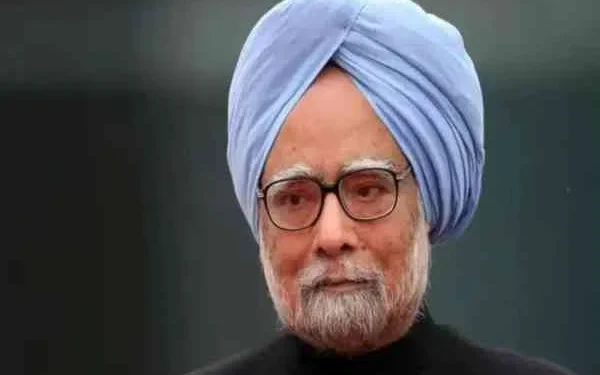Lagatar24 Desk
New Delhi: On May 22, 2004, Manmohan Singh, dressed in his trademark white kurta-pyjama and blue turban, was sworn in as India’s 14th Prime Minister. At 71, the reserved economist-turned-politician assumed leadership at a ceremony at Rashtrapati Bhavan, overseen by then-President Dr APJ Abdul Kalam. Among the attendees were political allies, family members, and former Prime Minister Atal Bihari Vajpayee.
Dr. Singh’s elevation was as unexpected as the Congress-led UPA’s stunning electoral victory. With exit polls and pundits overwhelmingly predicting a second term for Vajpayee’s NDA government, fueled by the BJP’s “India Shining” campaign, the results defied expectations. Under Sonia Gandhi’s leadership, the Congress secured a comeback, forming a coalition government with support from regional allies.
However, in a surprising twist, Sonia Gandhi, widely expected to take the top job, declined, citing her “inner voice.” Instead, she nominated Manmohan Singh, a decision influenced by political opposition and personal reasons, including Rahul Gandhi’s concerns about his mother’s safety after witnessing the assassinations of Rajiv and Indira Gandhi.
Dr. Singh’s rise to the premiership was unconventional. A technocrat with no mass political base, he was known more for his contributions as Finance Minister in PV Narasimha Rao’s government, where he spearheaded India’s 1991 economic liberalization. Despite his reputation as a reformer, he had never won a Lok Sabha seat, relying on the Rajya Sabha for his political career.
As the “Accidental Prime Minister,” Dr. Singh’s tenure saw landmark achievements, including the Right to Information (RTI), Mahatma Gandhi National Rural Employment Guarantee Act (MNREGA), and the Right to Education (RTE). He also navigated significant challenges, such as the 2008 confidence vote over the Indo-US nuclear deal, a cornerstone of his government’s policy agenda. Despite losing the Left’s support, he secured the deal, underscoring his focus on India’s energy security.
Dr. Singh’s decade-long leadership was not without controversy, particularly during UPA-II, marred by allegations of corruption and policy paralysis. Nonetheless, his dignified exit from public life in 2014, after Narendra Modi’s BJP swept to power, reflected his humility. “I honestly believe history will be kinder to me than the contemporary media or the Opposition parties in Parliament,” he remarked, encapsulating his understated yet impactful legacy.







